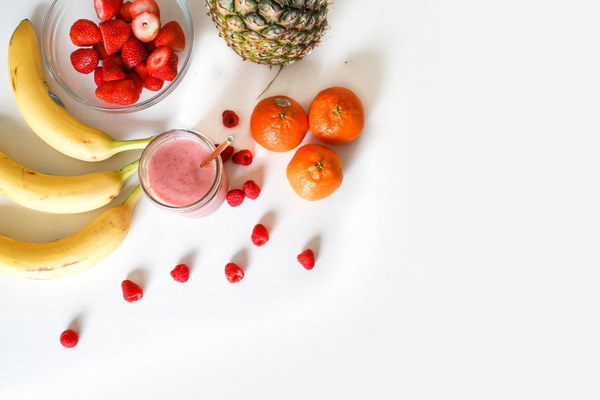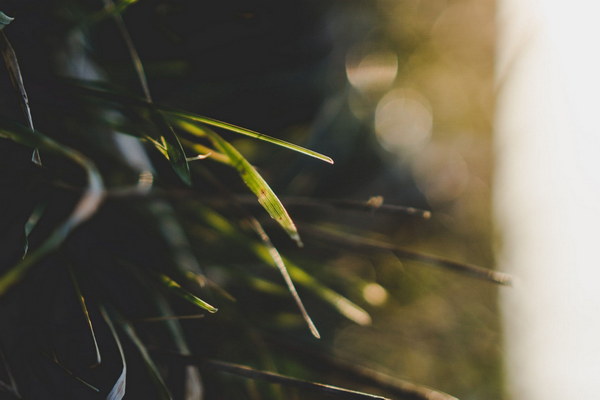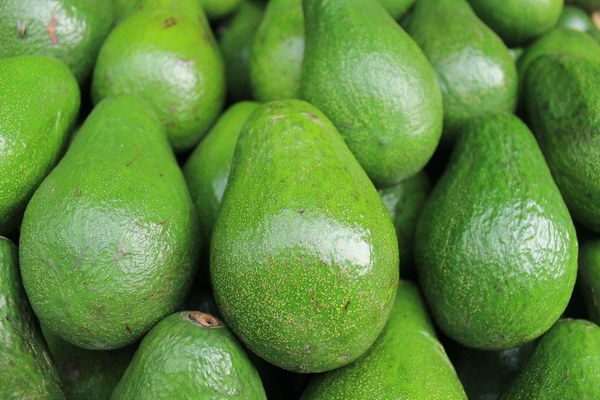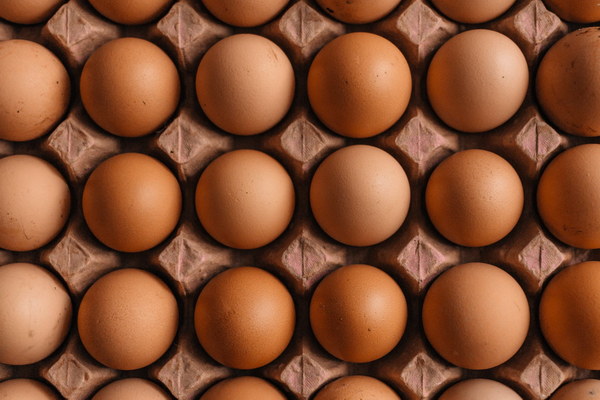Revitalize Your Scalp How to Soothe Oily Hair with Spleen and Dampness Balancing Remedies
Introduction:
Oily scalp can be a pesky problem, causing discomfort, embarrassment, and a relentless battle with hair care. Often, this issue is rooted in spleen and dampness imbalances, a traditional Chinese medicine concept that explains how internal health can impact external appearance. This article delves into the causes of oily scalp and provides natural remedies to balance your spleen and dampness, leading to a healthier, cleaner scalp and hair.
Understanding Spleen and Dampness:
In traditional Chinese medicine, the spleen is responsible for transforming food into energy, while dampness refers to a state of excess moisture in the body that can disrupt the body's balance. When the spleen is weakened, it can't transform food effectively, leading to dampness. This imbalance can manifest on the scalp, causing excessive oil production and hair issues.
Causes of Oily Scalp:
1. Poor diet: High intake of greasy, spicy, or sugary foods can exacerbate spleen and dampness imbalances.
2. Stress: Chronic stress can weaken the spleen and lead to dampness.
3. Hormonal changes: Fluctuations in hormones, especially during adolescence or pregnancy, can trigger excessive oil production.
4. Genetics: Some people may have a genetic predisposition to oily scalps.
Natural Remedies for Spleen and Dampness Balancing:
1. Diet: Incorporate spleen-strengthening and dampness-relieving foods into your diet, such as:
- Lean proteins: Chicken, fish, and tofu
- Bitter greens: Arugula, dandelion greens, and kale
- Fruits: Pears, plums, and apples
- Herbs and spices: Cinnamon, ginger, and turmeric
2. Stress management: Practice stress-reducing techniques, such as meditation, yoga, or deep breathing exercises.
3. Herbs and supplements: Consider herbal remedies that support spleen health and reduce dampness. Some popular options include:
- Astragalus: A Chinese herb that boosts the immune system and strengthens the spleen.
- Poria: A mushroom known for its dampness-relieving properties.

- Licorice root: Helps balance hormones and reduce inflammation.
4. Scalp care: Use a gentle, sulfate-free shampoo to clean your scalp without stripping it of natural oils. Additionally, try these tips:
- Avoid over-washing your hair, as it can stimulate oil production.
- Apply a scalp mask once a week to nourish and balance your scalp's pH level.
- Use a soft-bristled brush to stimulate blood circulation and improve scalp health.
Preventative Measures:
1. Maintain a healthy lifestyle: Regular exercise, adequate sleep, and a balanced diet can help keep your body's internal balance in check.
2. Regular scalp checks: Pay attention to any changes in your scalp's health, such as increased oil production or dandruff. Early detection can lead to prompt treatment.
3. Stay hydrated: Drinking plenty of water can help flush out excess dampness from your body.
Conclusion:
Balancing spleen and dampness is key to managing oily scalp issues. By adopting a healthy lifestyle, adjusting your diet, and incorporating natural remedies, you can achieve a cleaner, healthier scalp and hair. Remember, it's important to consult with a healthcare professional or a traditional Chinese medicine practitioner before starting any new treatment or diet.









